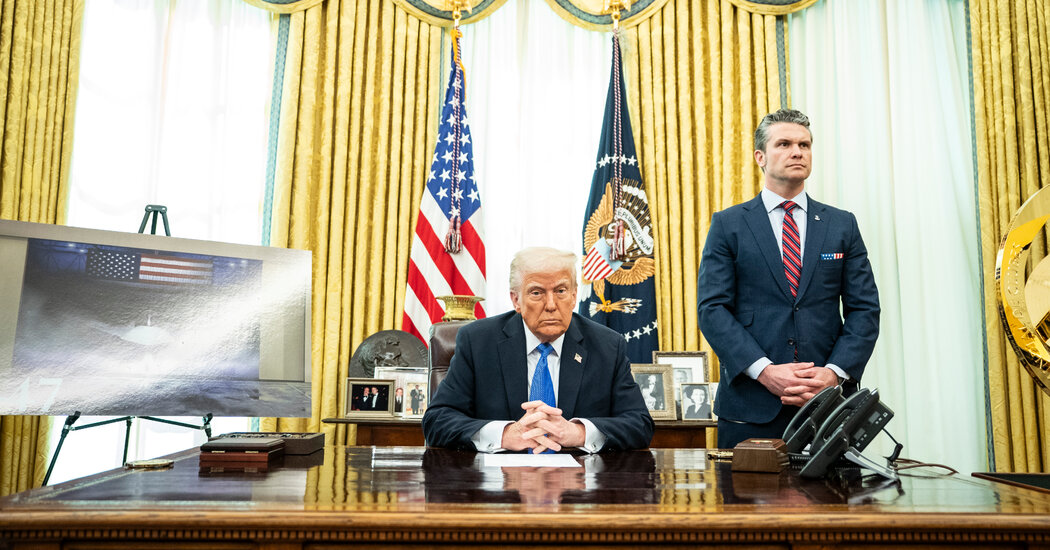The Shift in Global Military Dynamics
The F-35, recognized as a fifth-generation fighter jet, was developed through a collaborative effort involving eight nations, exemplifying a remarkable model of international cooperation in defense technology. However, the recent introduction of its successor, the F-47, by President Trump has raised significant concerns among allied nations. During his announcement, he highlighted the advantages of the F-47, yet he controversially noted that the variant sold to allied countries would feature intentional downgrades. This assertion, made by Mr. Trump last week, stemmed from his belief that “someday, maybe they’re not our allies.”
This statement has resonated deeply with many nations that have traditionally relied on the United States for military support, reinforcing a growing sentiment: America’s reliability as an ally is increasingly in question. Even countries that have not yet felt the direct impact of these policies are beginning to recognize the trajectory of U.S. foreign relations under the current administration, which often includes threats to their economies, defense collaborations, and even their national sovereignty.
As a response, these nations are actively seeking to mitigate the fallout from the multiple shocks they have faced, including a sweeping round of tariffs anticipated to take effect in April. Concurrently, they are taking steps to distance themselves from U.S. influence, preparing for what appears to be a new era characterized by intimidation in American diplomatic relations. Here are a few notable examples:
- Canada recently secured a $4.2 billion agreement with Australia aimed at developing advanced radar technologies, while also engaging in discussions to participate in the European Union’s military enhancement initiatives.
- Portugal and other NATO members are reevaluating their intentions to procure F-35 jets, expressing concerns over potential American dominance in the control of critical components and software.
- India and the European Union have accelerated negotiations regarding a free trade and technology agreement, a process that had previously been stalled for years.
- Brazil is not only increasing its trade relations with China but is also opting to conduct transactions in the Chinese currency, effectively bypassing the U.S. dollar.
- In various nations, including Poland, South Korea, and Australia, discussions surrounding the development or acquisition of nuclear weapons for national defense are becoming increasingly common.
This trend of distancing from the United States had already begun as other nations grew wealthier and more capable, leading to a diminished belief in the permanence of American hegemony. However, the recent months under Trump 2.0 have significantly accelerated this process.
History and psychology offer valuable insights into these developments. According to social scientists who specialize in international relations, few factors can shape geopolitical dynamics as profoundly and enduringly as distrust. This pervasive sentiment has historically tainted negotiations, as seen in the enduring conflict between the Palestinians and Israelis, and has fueled Cold War tensions between the United States and the Soviet Union for decades.




